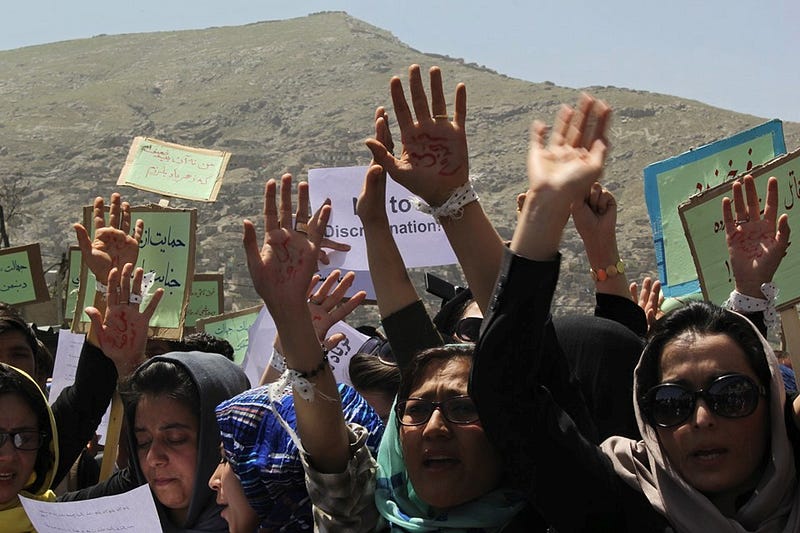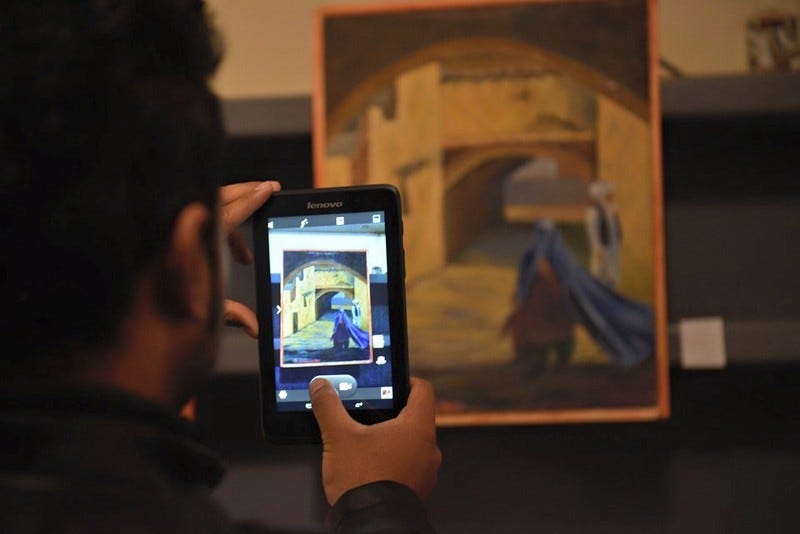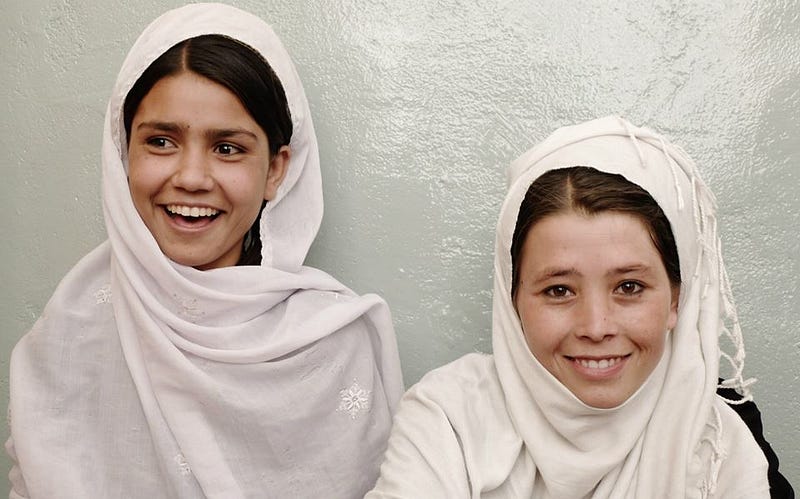Five Fantastic Things Afghan Women Did in 2015
(article found in Arzu Studio Hope's Facebook Page)
The murders of Farkhunda, Rokhshana and the many other women we will never know, and increased insecurity and gender-based violence made this a difficult year for the women of Afghanistan. Yet, Afghan women have found ways to push the country forward and demand their rights. Here are some inspiring examples of Afghan women’s accomplishments in 2015.
Women hikers reached new heights. Seven Afghan women hiked an unnamed 16,500 feet mountain, despite fears of attacks by terrorist groups, familial restrictions and lack of training and equipment. With the support of an international non-governmental organization, the hikers also petitioned to change the mountain’s name to “Shir Dukhtaran” which means “Lion Daughters.” Next stop: Afghanistan’s tallest mountain, Noshaq.
More women brought money home in 2015. According to A Survey of the Afghan People, by Asia Foundation, 22.6% of Afghans said that women contribute to their families’ income. This is a nearly 10 percent increase from 2009. The report argues that there is evidence to suggest that not only are more women making money, but that they are also making more money than before. Global research shows that women’s economic empowerment not only contributes to the advancement of their own rights, but also improves communities and strengthens economies.
Afghan women fought sexism with art. Earlier this year, Afghan activist Munera Yousufzada founded Shamama Contemporary Arts Gallery, a women’s art collective. Named after the Buddha statue destroyed by the Taliban in Bamyan, the Gallery highlights the work of female artists and pieces that discuss societal gender norms.
“We created the gallery to show that Afghan women have a voice and they can be role models for each other. We exhibit women’s power,” Munera Yousufzada said in an interview with Free Women Writers.
Four women joined the Afghan cabinet. For the first time in our history, Afghanistan has four female cabinet members. Not only do we now run the Ministry of Women’s Affairs -typically run by a woman- but also Ministry of Counter-Narcotics, Ministry of Labor, Social Affairs, Martyrs and the Disabled, and Ministry of Higher Education. Even though it is 2015, few women hold decision-making positions in Afghanistan, but this is a step in the right direction.
Women were at the forefronts of national protests. Whether indemanding justice for Farkhunda and, or denouncing the beheading of Hazaras by ISIS, Afghan women’s voices were loud and clear during public demonstrations around the country. Not only did women organize protests and gather hundreds, they also made headlines by writing poetry,performing live reenactments of the mob-killing of Farkhunda and leading social media campaigns urging an end to violence.
Afghanistan has a long way to go before it can guarantee basic human rights for women. Even today, many Afghan families mourn the birth of a girl child. When girls grow into women, they are sent into hiding, inside of being cherished. When women get married, they are asked to be submissive, instead of being supported to reach their full potential. When women refuse, they are shamed, imprisoned and killed. Yet, Afghan women are not only surviving, but fighting. The women above and the many more who are taking tremendous risks on a daily basis to go to schools and work, raise their voices, and push the country towards progress and change are a force to be reckoned with. They are showing the world how powerful, resourceful and resilient they are.
About the author: Noorjahan Akbar is an out-spoken women and human right’s advocate from Afghanistan. She has worked with several Afghan and global organizations focusing on women’s issues and led national campaigns in defense of human rights. Noorjahan has been published on Al Jazeera, and Safe World for Women among other outlets. In 2013, she published a collection of Afghan women’s writings. Currently, Noorjahan runs a national blog called Free Women Writers focused on gender equality and social justice. Noorjahan was Glamour Magazine’s College Women of the Year in 2013, and has been named one of Forbes’s 100 Most Powerful Women of the World and one of The Daily Beast’s Women Who Shake the World.




No comments:
Post a Comment